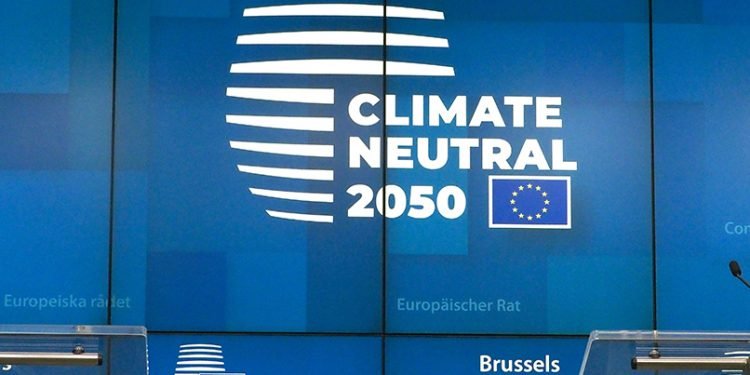This week the EU’s spotlight will focus on Ursula von der Leyen’s policy speech introducing tighter climate targets for the European Green Deal, on Tuesday 15 September, and on her inaugural delivery of the “State of the European Union” (SOTEU) which is expected on Wednesday morning. The SOTEU speech will be followed by a plenary debate with Members of the European Parliament, who, in turn, will assess the Commission’s work and set out their views on priorities for 2021.
European External Action Service (EEAS)
On Monday 14 September, High Representative of the EU Josep Borrell Fontelles is to deliver a speech on “cyber diplomacy and shifting geopolitical sands” at the EU Cyber Forum. Cyber operations and data diplomacy have become a more central part of regional conflict and great power competition.
With cyber insecurity becoming a growing problem worldwide, states and other stakeholders have sought to increase stability for cyberspace. The virtual event, from 14 to 17 September, brings together a significant number of high-level speakers for a series of dedicated sessions on digital geopolitics including prevention of conflicts in cyberspace, plus moves to promote global efforts to counter cybercrime.
European Green Deal
As the 75th session of the United Nation General Assembly (UNGA 75) opens on Tuesday, 15 September, Commission President Ursula von der Leyen is expected to announce stricter measures tied to the European Green Deal. Von der Leyen will announce a comprehensive plan to increase the EU 2030 climate target to at least 50% and towards 55% in a responsible way. So far, the EU has promised a 40% reduction of emissions by 2030 compared to 1990. The European Parliament is expected to vote on the Climate Law — including its position on the 2030 goal — early in October.
Tense negotiations are expected between Member States and lawmakers over accelerating a green shift that will require a far-reaching transformation in the way the EU’s economy is driven, thus demanding hundreds of billion euros in investments.
Last week, at the ENVE Committee (European Committee of the Regions) discussions of the way forward for energy transition and the Green Deal, the EU Commissioner for Energy Kadri Simson said “regions are crucial partners when it comes to implementing our climate and energy policies and finding concrete, practical solutions”. Simson called for further cooperation between Regions and the Commission. Enrico Rossi, the rapporteur of the Committee of the Regions on the policy, estimated the new strategy could create four million jobs by 2050.
Secretary-General (Sec-Gen)
On Wednesday 16, President Von der Leyen delivers her first annual State of the Union address to the European Parliament. The Commission will reiterate its determination to realize and promote the European Green Deal and Digital Strategy, its flagship initiatives which are key to re-launching the European economy.
Given the extraordinary global circumstances, von der Leyen is expected to outline the impact of the Commission’s efforts in mitigating the ongoing COVID-19 health and economic crisis, and to present a guiding vision for economic recovery in the continent. The EU’s executive leader is also likely to reflect on the situation in Belarus.
DG for Economy and Finance (DG ECFIN)
On Thursday 17 September, the Economy and Finance Commissioner Paolo Gentiloni will participate via videoconference in the online gathering of the G20 Finance and Health Ministers. Leaders are expected to discuss COVID-19, in particular, the progress achieved and the global challenges encountered in terms of their pandemic preparedness and response.
DG for Budget (DG BUDG)
On Friday 18 September, the Commissioner for the Budget and Administration Johannes Hahn will participate in the trilateral political dialogue meeting on the 2021-2027 Multiannual Financial Framework. The EU’s recovery package includes the Multiannual Financial Framework (MFF) for 2021-27 and a recovery instrument called Next Generation EU (NGEU).
The overall amount of commitments to the seven-year Financial Framework is €1,074 billion. The total amount of the non-recurrent recovery instrument will be €750 billion; €360 billion of this will consist of loans and €390 billion will be issued in the form of grants. The recovery instrument will remain in force until 2023.




